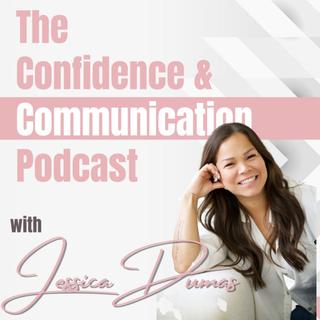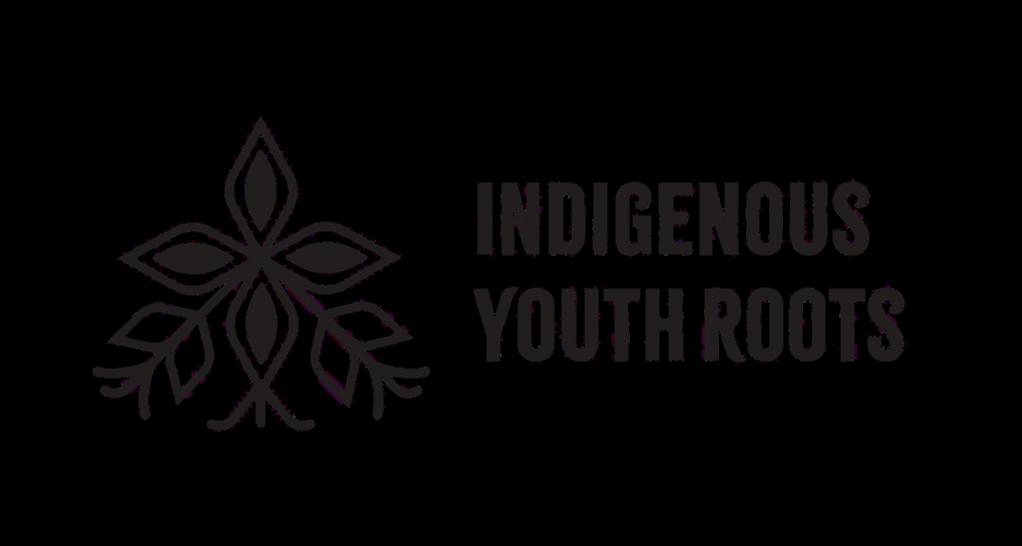

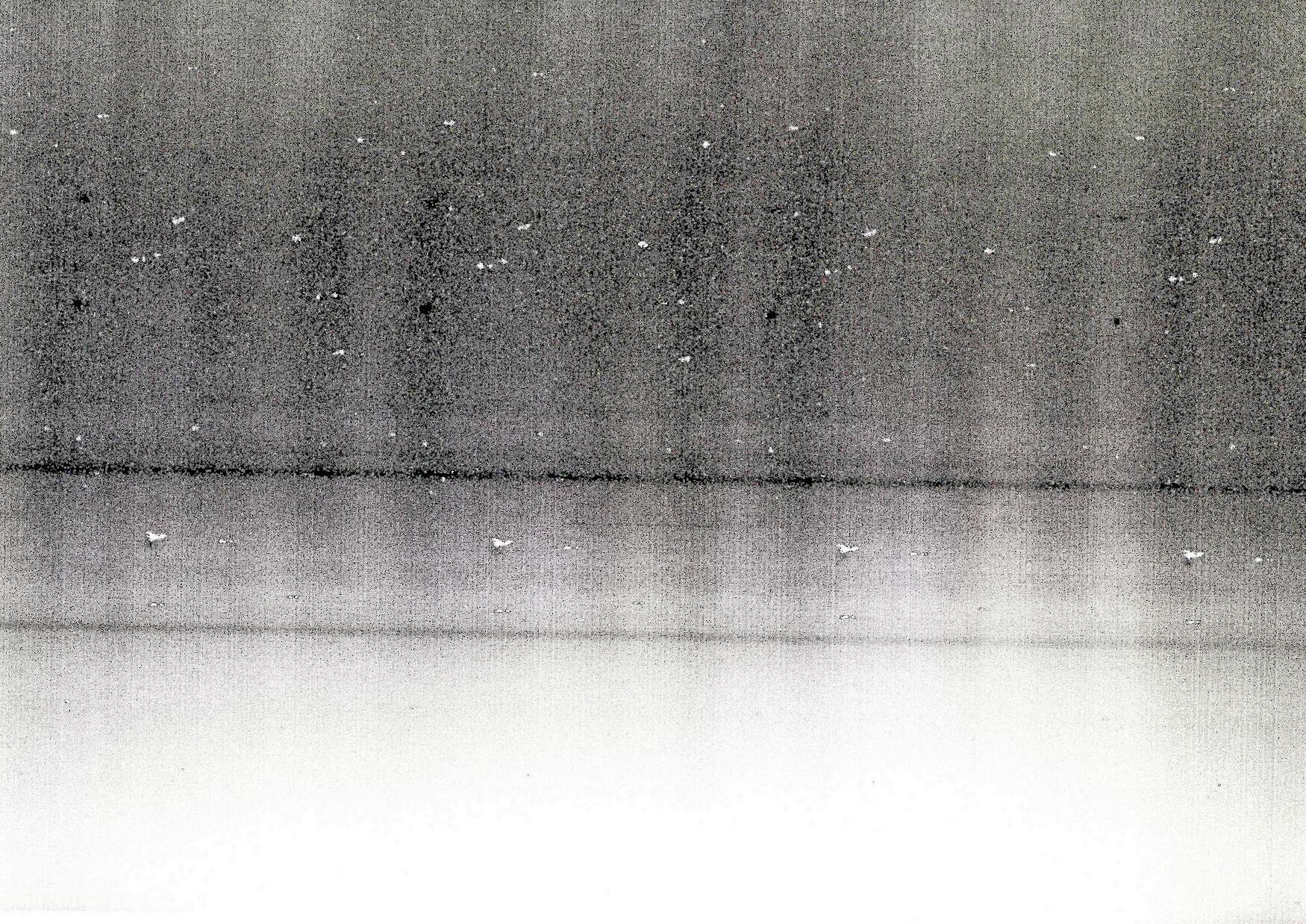






Whether you ’ re interested in poli (the drama, the intrigue!), looking ways to dismantle settler-colon hetero-patriarchy, or just confu about what politicians ACTUALLY all day, The Rundown is here for yo With each season, IYR’s Centre Indigenous Policy and Research bring you a new edition of T Rundown recapping everything y need to know about what’s going on Canadian policy when it comes Indigenous rights, community, a reconciliation.







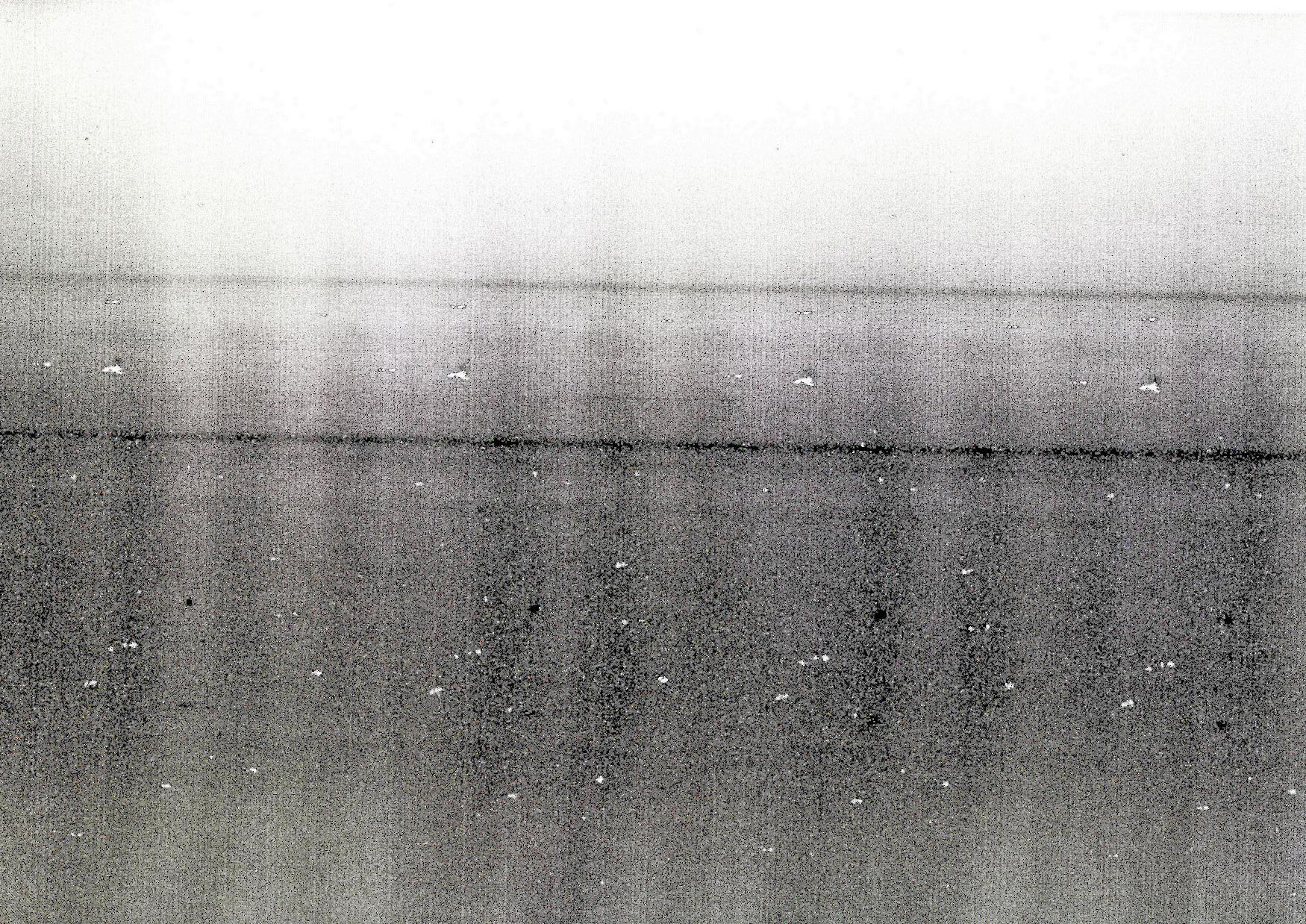






> 2024-2025 FEDERAL PATHWAY PROGRESS REPORT: The federal government released its Federal Pathway Annual Progress Report on MMIWG2S+. Covering April 2024 to March 2025, the report lists investments in areas like the Red Dress Alert pilot, community-based healing and addictions supports, anti-human trafficking programs, Indigenous-led justice initiatives, child welfare reform, housing and shelters for those escaping violence, language and culture revitalization, and anti-racism in health care and other institutions. But budgets alone don’t measure real change. It’s about whether Indigenous women, girls, and 2SLGBTQIIA+ people feel safe and supported. The report itself highlights the significant amount of work that remains, and lasting change will depend on holding Canada accountable to the lived realities of those most affected.
> FEDERAL ‘INDIAN HOSPITALS’ CLASS-ACTION SETTLEMENT: The Federal Court has approved a class-action settlement for survivors of federally run “Indian hospitals,” which operated from 1936 to 1981, and were sites of widespread abuse and mistreatment. The settlement provides compensation ranging from $10,000 to $200,000, along with $150 million for a healing fund and $235.5 million for research and education on the history of these hospitals. Survivors like Ann Hardy have spoken about the trauma of fear, isolation, and abuse that shaped their lives, making this settlement both a long-overdue step towards accountability.
“ I did not start this class action to get paid. I started it because I needed Canada to acknowledge what it did to us. I'm so glad that has now happened
”
-Ann Hardy

> TRUTH AND RECONCILATION BOARD GAME
PROJECT: Anishinaabe artist and educator James Corbiere from Wiikwemkoong First Nation is bringing truth and reconciliation to classrooms with his board game, The Truth in Truth and Reconciliation. Originally created in 2017 as an educational tool in his classroom, the game has since expanded to be played in schools, homes, and communities across the country. After nearly selling out of almost 3,000 copies of the first edition last year, the new version is designed for elementary and middle school students. The game sparks ongoing conversations about land, culture, language, and identity, giving youth a way to learn and discuss truth and reconciliation in a way that's accessible and engaging.
> FUNDING RESOLUTION
Check it out:
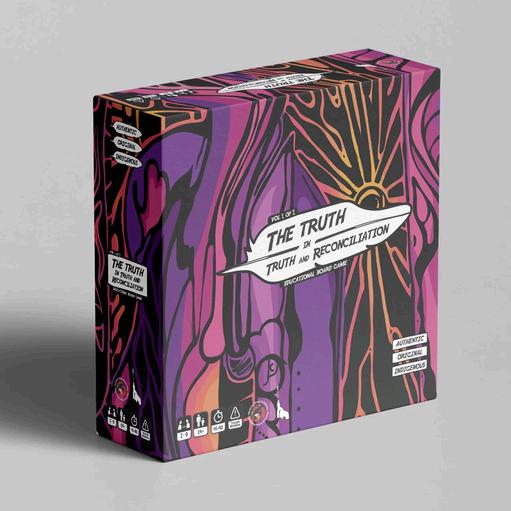
At the AFN annual gathering in Winnipeg, chiefs voted to allocate $1 million from the AFN’s budget to the National Children’s Chiefs’ Commission (NCCC) so it can move forward with negotiations on long-term child welfare reform. The NCCC, created in late 2024 after chiefs rejected a $47.8 billion federal deal that many felt did not meet communities’ needs, still faces a $6 million shortfall but has been backed by a recent Human Rights Tribunal ruling ordering Canada back to the table. This ruling comes nearly a decade after the Tribunal first found Canada guilty of discriminating against First Nations children through chronic underfunding of services.
> FIRST NATIONS LEADERSHIP AND GOVERNANCE ASSOCIATION: A new non-profit, First Nations Leadership and Governance Association (FNLGA), has launched to support First Nations people who want to run for public office (e.g., band councils, school boards, municipalities, provincial and federal seats). Founded by Michael Moses and supported by President Thomas Schoen of the FNLGA, the group aims to train and mentor candidates to navigate elections and succeed in spaces where Indigenous voices are often absent. Moses says youth played a key role in his own campaign in Williams Lake, British Columbia, and he hopes their energy will carry forward to ensure First Nations perspectives are represented at every level of government.
“ A lot of our support was from First Nations youth who really wanted to make sure their best interests and their views were taken into account. And that gives me a lot of hope we’ll have First Nations voices at multiple different tables in the future.
-Michael Moses
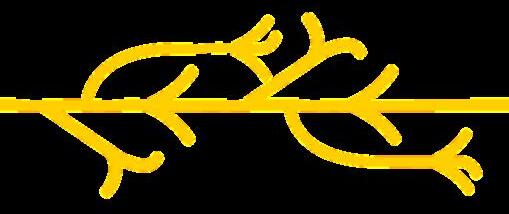





> TRUST-BASED MENTAL HEALTH PROJECT: Lakehead University’s Christopher Mushquash (Anishinaabe, Fort William First Nation) is co-leading a Canada-wide initiative to improve Indigenous youth mental health, backed by a new $10.8 million investment from the Canadian Institutes of Health Research. The four-year project brings together First Nations, Métis, and Inuit youth, Elders, families, and knowledge holders to shape services rooted in trust, culture, and lived experience. With 175 partners, the network aims to transform policy, research, and services, enabling Indigenous youth to lead the way in mental wellness.
“
” This is an incredible opportunity for our network to help close critical gaps by cultivating a trust-based, collaborative learning environment across Canada
-Dr. Christopher Mushquash






> ALL-INUIT LAW FIRM IN IQALUIT: Tulugaq Law, Nunavut’s only Inuit-owned law firm, is working to break down barriers in the justice system. Founded by Curtis Mesher and joined by law students Hope Carpenter and Katelynne Adams, the firm has already taken on cases involving criminal, family, corporate, wills, and estate matters, with most of its clients being Inuit. However, the firm’s vision extends beyond cases, it aims to build trust, promote accessibility, and honour the MMIWG2S+ Calls for Justice, with the hope of expanding across Inuit Nunangat in the years ahead.
“
” …To see more Inuit lawyers, there has to be more of a revitalization work around our own legal traditions and own legal knowledge that could really either transform the Canadian legal system or support us in exercising a new kind of jurisdiction
-Katelynne Adams



> MISS INDIGENOUS CANADA 2025: Congratulations to Gena Boubard of Sagkeeng Anicinabe Nation, who brought the crown home after winning this year ’ s pageant held in Six Nations! Boubard, a Two-Spirit and non-binary leader, impressed judges with their cultural presentation and community work, including the establishment of Sagkeeng’s first Pride committee and festival this past June. This is the second year in a row the title has gone to a contestant from Manitoba, following 2024 winner Jessica McKenzie of Opaskwayak Cree Nation.
“ ”
I would tell them to stay true to themselves, authentically and confidently in their identity, and just know there is an entire nation of Indigenous people across Turtle Island cheering them on.
-Gena Boubard
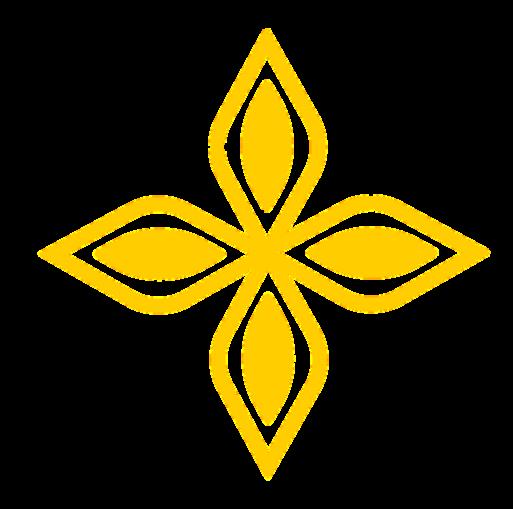

> INDIGENOUS WAYS OF KNOWING IN SPACE: The Canadian Space Agency (CSA) is working to honour Indigenous ways of knowing by weaving First Nations, Inuit, and Métis perspectives into space exploration. From astronaut visits with Innu and Inuit youth, to resources like Root & STEM Skywatchers and the interactive game Star Scribe featuring Cree constellations from Elder Wilfred Buck, these initiatives highlight how traditional knowledge and science can come together. CSA astronaut Jeremy Hansen will even carry a mission patch co-created with Indigenous leaders on his journey to the Moon.
>EXPOSING RACISM IN HEALTHCARE: Ashley Wilkinson, a PhD candidate at UNBC and research coordinator at Lakehead University, is gathering the stories of Black and Indigenous people in Prince George, Calgary, Thunder Bay, and soon Toronto, to document experiences in the healthcare system. Wilkinson ensures reciprocity by offering tobacco, meals, and honoraria, and is committed to presenting results in accessible ways so that participants see their voices guiding the path forward. Her goal is to make visible how deeply racism runs in health care and to push for real systemic change led by those most affected.
“
In order to create meaningful change, we need people to recognize that the racism we're seeing in our health-care system is pervasive, and by having all of these stories, there's no denying that racism exists anymore — and that's really my goal for this project.
-Ashley Wilkinson


> PARLIAMENT BACK IN SESSION: Parliament adjourned for the summer in June and has now resumed sitting as of September 15, 2025. MPs and Senators are back in Ottawa to debate legislation, review committee work, and address key issues that will shape the months ahead. This marks the beginning of the fall session, during which policies and bills that were paused over the summer are brought forward again for discussion and decision-making.
Prime Minister Mark Carney’s first federal budget is now set to be tabled on November 4. Stay tuned for our breakdown of what the budget includes in an IYR Explains!
> ANNUAL UNDRIP ACT PROGRESS REPORT: On August 20, Canada tabled its fourth annual report on the implementation of the UN Declaration on the Rights of Indigenous Peoples Act. The report highlights key steps, including the addition of a non-derogation clause to the Federal Interpretation Act, the establishment of an Indigenous-led advisory committee, the release of the Indigenous Justice Strategy, the advancement of language access, and the development of an Indigenous Stewardship Policy in collaboration with Parks Canada. At the same time, the report admits significant gaps remain, including the need for stronger federal coordination, predictable funding, and clear, co-developed methods of measuring progress.
To learn more, you can read the whole report – here!





Mark Carney has announced the 11 members of the new Indigenous Advisory Council (IAC), which will guide the work of Canada’s recently created Major Projects Office. The IAC comprises leaders from First Nations, Inuit, Métis, and Modern Treaty communities, including Kluane Adamek, Chief Darcy Bear, JP Gladu, Chief Terry Paul, Crystal Smith, and others from across the country. While Ottawa points to this as a step toward partnership, questions remain about how quickly projects will be implemented and how meaningful consultation will be carried out on the ground.
The controversial bill, which passed this summer, grants the federal cabinet new powers to expedite “national interest” projects, such as pipelines or mines, by streamlining existing environmental reviews, permitting, and other regulatory processes.





>real ones by Katherena Vermette is a novel that explores “Pretendians” and the power of identity. The story follows two Michif sisters forced to confront family trauma when their estranged white mother, posing as “Raven Bearclaw,” is exposed as a “Pretendian” artist.
> All Wrong Horses on Fire that Go Away in the Rain by Sarain Frank Soonias is a powerful debut poetry collection that explores intergenerational trauma and its impact on Indigenous voices. Through fragmented memories and raw intensity, Soonias weaves together stories of family, resilience, and beauty.


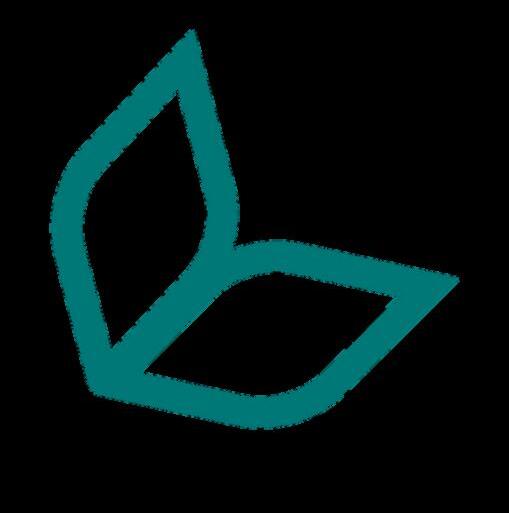
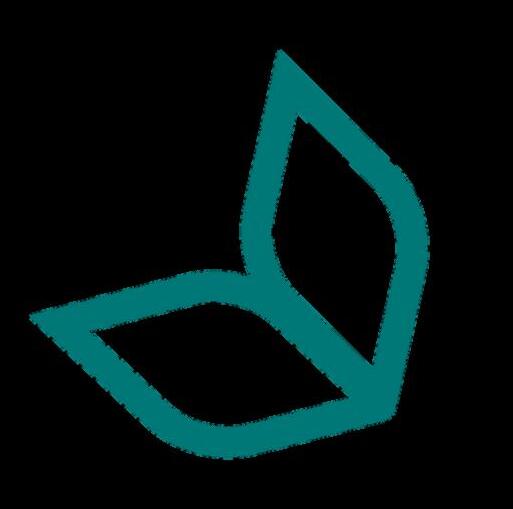

> A Radical Act of Hope by Siila Watt-Cloutier is a podcast that explores how melting Arctic ice disrupts memory, identity, and ways of life. Through stories of the North and global climate action, Watt-Cloutier, an Inuk climate advocate, highlights resilience, Indigenous leadership, and deep ties between people and place.
>The Confidence and Communication Podcast, hosted by Jessica Dumas, offers tools and inspiration for owning your voice and speaking with clarity and confidence. Jessica delves into topics such as presentation skills, mindset shifts, and personal storytelling, helping listeners overcome self-doubt and communicate from a place of strength.


